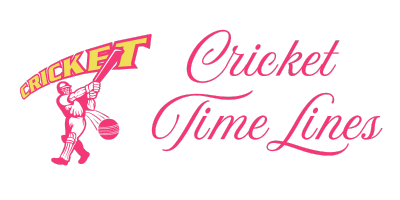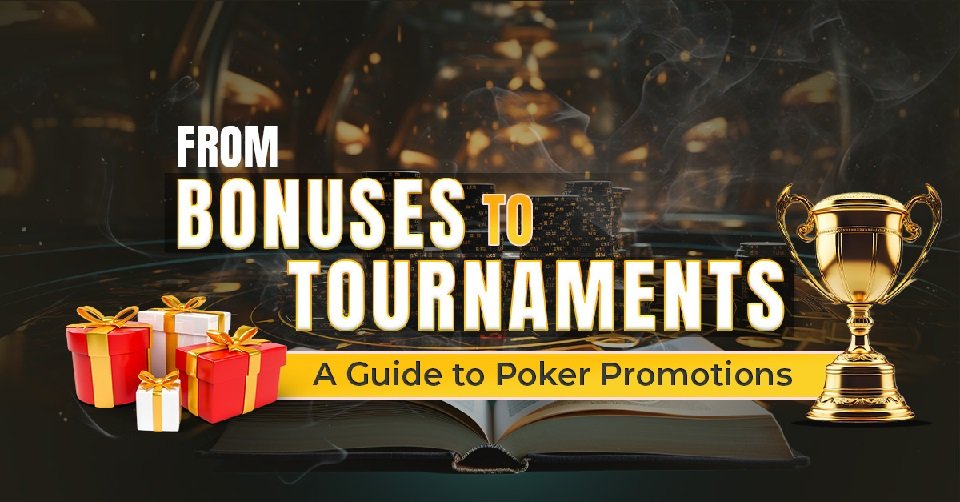Introduction
In the cutthroat fields of marketing, sales, and entertainment, the words “promotions” and “tournaments” are used synonymously quite a bit. Though both are means of involving audiences, drawing participants, and promoting corporate development, they have different structures, goals, and approaches. Businesses, players, event planners, and marketers trying to maximize these techniques all depend on an awareness of the variations between promotions and tournaments.
Understanding Advancements
Promotions are calculated programs or events used to increase awareness, involvement, and brand, product, or sales activity. Discounts, contests, loyalty programs, and seasonal offers are just a few of the several ways they could present themselves. A promotion’s main goal is to change consumer behavior, motivating potential consumers to test a good or service and so honoring current consumers for their loyalty.
Short-term marketing strategies used by businesses to boost demand, improve client retention, and raise brand recognition are promotions. Often depending on effective communication techniques including advertising, social media marketing, and influencer relationships are these initiatives. Promotional flexibility lets companies fit their campaigns to their objectives, customer base, and industry trends.
Promotions have one major benefit in that they produce instant effects. On an e-commerce site, for instance, a limited-time deal can cause a brief spike in sales. Promos can also inspire urgency and exclusiveness, which would drive consumers to act fast before the deal runs off. Still, the success of promotions relies on things like timing, target demographic, and providing perceived value.
Promotion Types
Promotions fall into numerous groups depending on their goals and execution. Price-based promotions which include discounts, coupons, and rebates are one often used kind. These help to draw consumers who are cost conscious and increase sales volume. Product-based promotions buy-one-get-one-free (BOGO) deals, free samples, and bundling which inspire consumers to test new products or buy in bigger quantities—also fall into another category.
Promos powered by engagement, such social media contests and referral systems, center on raising brand connection and customer involvement. Usually including user-generated content, reviews, and social sharing, these campaigns naturally increase brand reach. Loyalty programs also honor returning consumers with points, discounts, or other benefits, so strengthening long-standing relationships and improving client retention.
Knowledge Of Events
Conversely, tournaments are organized contests in which teams or individuals square off to win and collect prizes. Sporting events, https://www.thejuicemafia.com/ gaming, intellectual events, and business contexts are among the several venues for tournaments. Unlike promotions, which mostly target increasing sales and consumer interaction, tournaments stress competitiveness, skill display, and entertainment.
Usually using a set structure, a tournament could have knockout rounds, round-robin events, or ladder-based advancement. Entering the competition, participants want to top their opponent and land a ranking place. Depending on the type and size of the event, prizes could be monetary awards, trophies, sponsorships, or recognition.
Events inspire participants to highlight their skills and strategic thinking, therefore motivating them. Whether in esports, conventional sports, or intellectual contests, they also draw viewers that appreciate the excitement of seeing competitive activities. Tournament competitiveness encourages a sense of accomplishment and reputation, which appeals to both players and onlookers.
Categories Of Competitions
There are several kinds of tournaments, each suited for a particular type of competitive goal and approach. Commonly found in sports and esports, single-elimination events entail competitors engaged in one-on-one bouts whereby losers are eliminated following every round. Since only the top contestants progress, this structure creates suspense and excitement.
Double-elimination contests, on the other hand, give players a second opportunity by letting them keep on playing even following a loss. Gaming events extensively apply this concept to guarantee a fair competition framework. League and group-based events frequently feature round-robin contests, whereby each participant competes against all others at least once, therefore guaranteeing that every competitor has an equal chance to demonstrate their abilities.
Other variants include ladder competitions, in which players challenge individuals ranked higher than them to ascend the ranks, and hybrid forms combining many techniques to produce a distinctive competition framework. Tournament structure choice will rely on elements including participant count, degree of competitiveness, and general goals of the event.
Key Variations Between Tournaments And Promotions
Although both events and promotions want to involve participants and generate excitement, their main distinctions are in their goals, organization, and execution. Mostly through incentives and marketing initiatives, promotions are meant to increase sales, brand exposure, and consumer loyalty. They concentrate on rewarding consumers for their participation, thereby motivating them to make particular decisions including a purchase, registering for a service, or online content sharing.
Conversely, events center on performance, talent, and rivalry. Participants in these planned activities compete against one another to identify a champion. Unlike promotions, which usually aim for a large audience, tournaments usually draw people or teams with particular talents and interests connected to the competition.
Still another important distinction is the kind of involvement. Usually involving little work from participants, promotions include discount codes, brand social media following, or friend referral. On the other hand, competitions demand a lot of strategic planning, preparation, and practice. Participants have to show their skills and fight under clear guidelines and policies.
Furthermore, there are different benefits in contests and marketing. Promotions assist a wide spectrum of consumers by providing discounts, free products, and special offers. Often confined to the top-performing attendees, tournaments offer competitive incentives including cash prizes, rankings, and recognition. Usually bigger stakes in competitions draw committed and talented people ready to commit time and effort in their quest of success.
Conclusion
Though they have different uses in marketing, sales, and entertainment, promotions and competitions have one common goal of exciting audiences and involving them. Promotions center rewards, brand recognition, and customer interaction; tournaments stress competitiveness, skill, and accomplishment. Knowing their differences and possible complement helps companies, event planners, and marketers create winning plans that appeal to their target demographic.
Blog:




